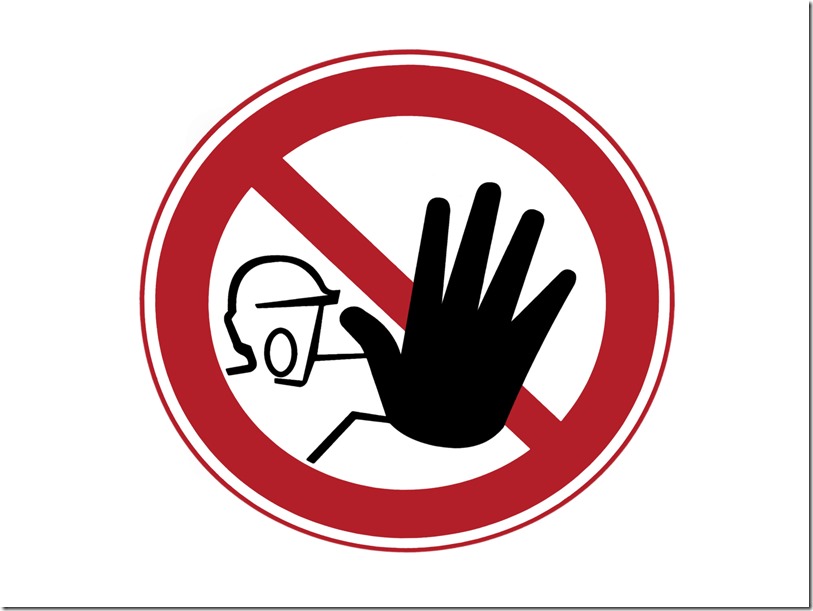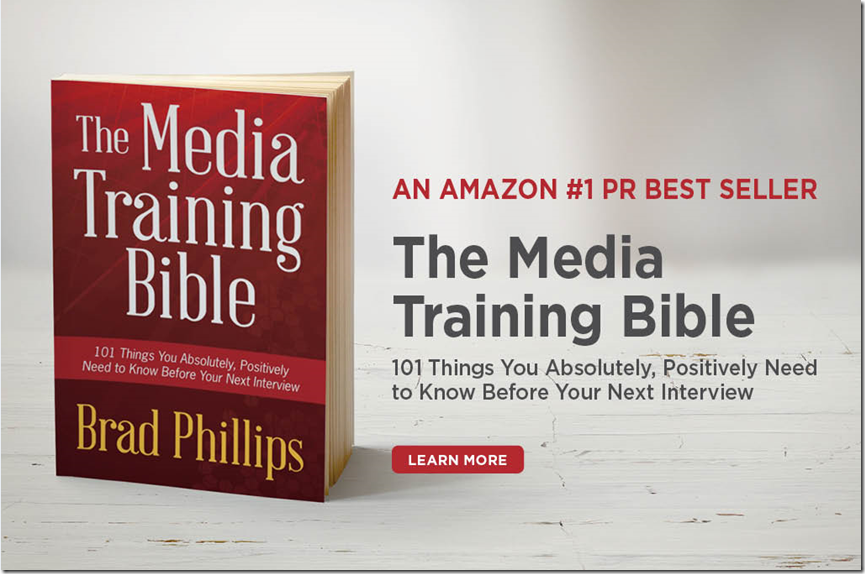What To Say When Reporters Enter A "No-Go Zone"
In The Media Training Bible, I explain why the words “no comment” are problematic during a media interview. Too often, that curt phrase sends a “guilty” message to the audience—even if your refusal to comment has nothing to do with guilt or innocence.
I recently saw a perfect example of that during a training with an economist. Her financial institution, like so many others, has been the subject of regulatory scrutiny over the past few years. At the end of one practice interview on an unrelated topic, I asked:
“Can you tell me the latest on the investigation into your financial institution?”
After looking flustered for a couple of seconds, she managed to sputter only two words:
“No comment.”
Not only did that response make her (and her company) look guilty of something—but her unconfident reply undercut everything else she had said during an otherwise successful interview.
I shared with her the technique of “commenting without commenting,” which advises spokespersons to explain, in straightforward terms, why they can’t say more. After discussing the technique with her, we did another practice interview.
Here’s how the second version played out:
QUESTION: “Can you tell me the latest on the investigation into your financial institution?”
ANSWER: “As an economist, my job is to look at data and try to make meaning out of it. I’m not privy to the larger bank operations, so it would be inappropriate for me to comment on that.”
Instead of coming across as guilty, she offered a plausible explanation for why she couldn’t say more on the topic—and I suspect viewers watching the interview would accept her explanation as reasonable.

Many spokespersons have “no-go zones,” or topics they simply can’t discuss.
Those no-go zones might include:
- Confidential employee or patient information
- Pending litigation or regulatory action
- Proprietary information
- Injury or death
- Ongoing negotiations
Before your interviews, think about what you might say if you’re asked about one of your no-go zones. Then, develop a response that seeks to explain why you can’t say more about that topic—and, where possible, wrap that response in a virtue.
Here’s one more example:
QUESTION: “How much revenue did this new product earn for you this year?”
ANSWER: “As a private company, we’ve made the decision not to disclose sales figures, because we don’t want to give our competitors useful information about how well our various product lines are selling.”
OPTIONAL ADD-ON: “That said, I can tell you that we’ve been very pleased with customer response, and we’re ahead of our projections for that product.”





[…] park: guilty as charged. That doesn’t mean you have to tell a reporter everything. Here’s what you can say instead when a reporter enters a “no-go […]